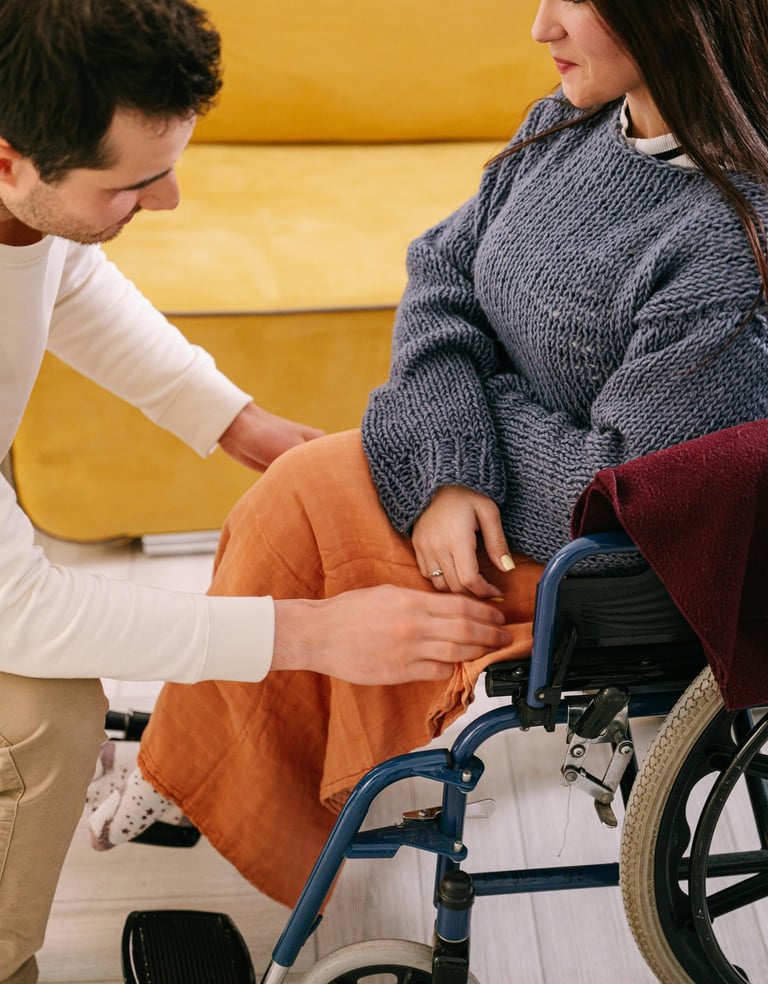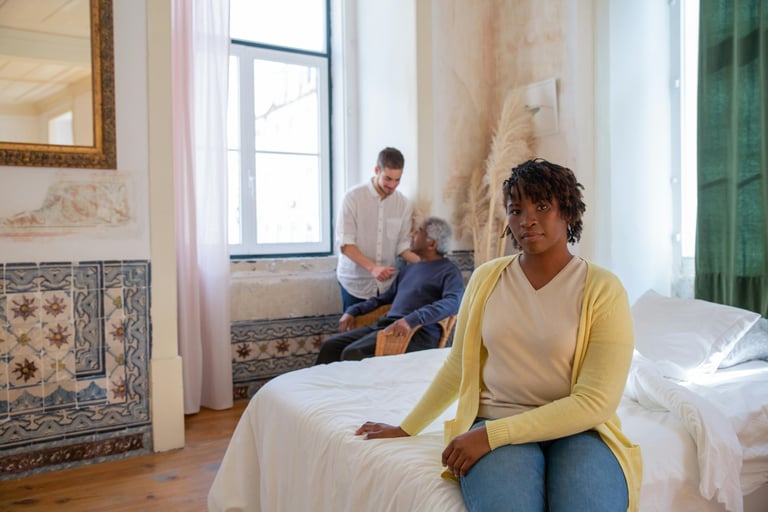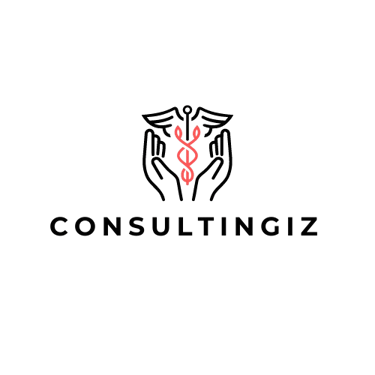About Us
Welcome to Consultingiz
At Consultingiz, we’re dedicated to transforming your healthcare aspirations into a thriving reality. Based in Des Moines, Iowa, we are a leading healthcare consulting agency with a mission to simplify the complex journey of obtaining and maintaining healthcare licenses.
Who We Are
Founded two years ago, Consultingiz was created to address the intricate challenges faced by future healthcare agencies. Our experienced team understands that navigating the licensing process can be daunting, which is why we offer comprehensive training and support to guide you every step of the way.
Our Services
From the initial licensing application to the development of policies and procedures, our experts are here to ensure that every component is meticulously handled. We also assist with essential aspects such as marketing strategies and business registration, giving you a complete solution that covers all your needs.
Why Choose Us?
At Consultingiz, our goal is to provide you with peace of mind. We take pride in our ability to piece together all the elements necessary for a successful healthcare business, allowing you to focus on what you do best—delivering exceptional care. Our personalized approach and dedicated service ensure that you receive the highest level of support and expertise.
Our Commitment
We are committed to your success. Whether you’re just starting out or looking to streamline your existing processes, Consultingiz is here to offer the guidance and support you need. Let us handle the complexities of healthcare licensing, so you can concentrate on making a difference in your community.
Get in Touch
Ready to take the next step? Contact us today to learn how Consultingiz can help you achieve your healthcare licensing goals with confidence.




Licensing Packages
Choose from three different licensing packages for your healthcare facility.




Adult Foster Care (AFC)
What is an Adult Foster Care
Adult foster care is a type of residential care designed for adults who need assistance with daily living activities but do not require intensive medical care. It typically involves placing an adult in a private home where they receive personalized care from a licensed caregiver or family member. Here are some key aspects of adult foster care:
Personalized Care: Unlike larger facilities, adult foster care homes usually offer a more personalized and home-like environment. The caregiver(s) provide direct assistance with activities such as bathing, dressing, meal preparation, and medication management.
Small Scale: Adult foster care homes are usually small, with a limited number of residents. This allows for more individualized attention and a closer, more familial atmosphere.
Varied Needs: Adult foster care can serve individuals with various needs, including those with physical or cognitive disabilities, chronic illnesses, or age-related challenges. The level of care provided can be adjusted based on the individual’s requirements.
Licensing and Regulation: Adult foster care homes are typically regulated by state or local agencies to ensure they meet certain standards of care and safety. Caregivers are usually required to be licensed or certified, and the homes must adhere to specific guidelines and regulations.
Family-Like Setting: The environment is often designed to feel like a regular home, providing a sense of normalcy and comfort. This setting can be beneficial for individuals who might find larger institutional environments overwhelming or impersonal.
Adult foster care can be a good option for individuals who need some level of support but wish to remain in a more private and less institutional setting. AFC supervises a 24-hour living arrangement in an adult foster home for people who are unable to continue living independently in their own homes because of physical, mental, or emotional limitations. AFC providers and residents must live in the same household and share a common living area. Except for family members, no more than three adults may live in the foster home unless the state licenses it. The client pays the provider for room and board.
Assisted Living Facility
An assisted living facility (ALF) is designed to provide personal care services in the least restrictive and most home-like environment. These facilities can range in size from one resident to several hundred and may offer a wide variety of personal and nursing services designed specifically to meet an individual's personal needs.
Facilities are licensed to provide routine personal care services under a "Standard" license or more specific services under the authority of "Specialty" licenses. ALFs meeting the requirements for a Standard license may also qualify for specialty licenses. The purpose of "Specialty Licenses" is to allow individuals to "age in place" in familiar surroundings that can adequately and safely meet their continuing healthcare needs.
Home Health Agency
Each State has a department that licenses agencies. This State agency inspects state-licensed home health agencies to ensure quality of care for its citizens and compliance with state law and rules. This State Department also monitors agencies, on behalf of the Centers for Medicare and Medicaid Services, to ensure quality of care for all citizens in need of those services and compliance with federal regulations.
A home health agency provides medical and therapeutic services to individuals in their own homes. The primary goal is to deliver care that helps individuals manage their health conditions and maintain their independence while receiving the support they need in a familiar and comfortable environment. Here’s a breakdown of what a home health agency typically offers:
Medical Services: These can include nursing care, such as wound care, medication management, and monitoring of chronic conditions. Registered nurses (RNs) and licensed practical nurses (LPNs) may visit the home to provide these services.
Therapeutic Services: Home health agencies often provide physical therapy, occupational therapy, and speech therapy. Therapists work with patients to help them recover from injuries, surgeries, or illnesses and improve their ability to perform daily activities.
Personal Care: Some home health agencies offer personal care services, including assistance with activities of daily living (ADLs) such as bathing, dressing, grooming, and meal preparation. These services can be provided by home health aides or personal care aides.
Medical Equipment and Supplies: Agencies can arrange for the delivery and setup of medical equipment such as wheelchairs, oxygen tanks, and other devices needed for home care. They may also supply necessary medical items like wound dressings or diabetes supplies.
Coordination of Care: Home health agencies often work with physicians and other healthcare providers to create and manage a care plan tailored to the patient’s needs. This may involve coordinating with specialists, managing medications, and ensuring that the patient’s care is consistent and effective.
Short-Term or Long-Term Care: Services can be provided on a short-term basis, such as after a hospital discharge, or on a long-term basis for ongoing health conditions.
Education and Support: Agencies may also offer education to patients and their families about managing health conditions, using medical equipment, or performing specific care tasks.
Home health agencies aim to provide a comprehensive range of services to help individuals recover from illness or injury, manage chronic conditions, or maintain their health while remaining in the comfort of their own homes.


Personal Care Service Agency
A Personal Care Service Agency provides non-medical assistance and support to individuals who need help with daily activities due to age, illness, disability, or other conditions. The services offered are designed to help individuals maintain their independence and quality of life while living in their own homes or other settings. Here’s an overview of what such an agency typically offers:
Assistance with Activities of Daily Living (ADLs): This includes help with personal care tasks like bathing, dressing, grooming, toileting, and eating.
Household Assistance: Services may include light housekeeping, meal preparation, laundry, and managing household chores to help maintain a clean and organized living environment.
Companionship: Personal care aides often provide companionship and social interaction, which can be beneficial for emotional well-being. They may also assist with recreational activities and help keep individuals engaged in their community.
Medication Reminders: While personal care aides do not typically administer medications, they may remind clients to take their medications on schedule.
Mobility Assistance: Aides can help with moving around the home, which might include helping individuals get in and out of bed or chairs and supporting safe mobility within the home.
Transportation: Some agencies offer transportation services or assistance with arranging transportation to appointments, social events, or errands.
Customized Care Plans: Personal Care Service Agencies usually develop individualized care plans based on the specific needs and preferences of their clients. These plans are often created in collaboration with the client, their family, and healthcare professionals.
Staffing: Personal care aides or caregivers employed by the agency are typically trained to provide the services required, though they do not provide medical care. Agencies often screen and train their staff to ensure they meet professional and ethical standards.
Hourly or Live-In Care: Services can be arranged on an hourly basis or as live-in care, depending on the individual's needs.
Personal Care Service Agencies focus on providing supportive care that helps individuals with daily living tasks, offering assistance and companionship to enhance their quality of life while allowing them to remain in their home environment. Each State has a department that licenses agencies that provide (1) attendant care services; (2) homemaker services that assist with or perform household tasks, including housekeeping, shopping, laundry, meal planning and preparation, and cleaning; and (3) companion services that provide fellowship, care, and protection for a client, including transportation, letter writing, mail reading, and escort services that are provided to a client at the client's residence.




